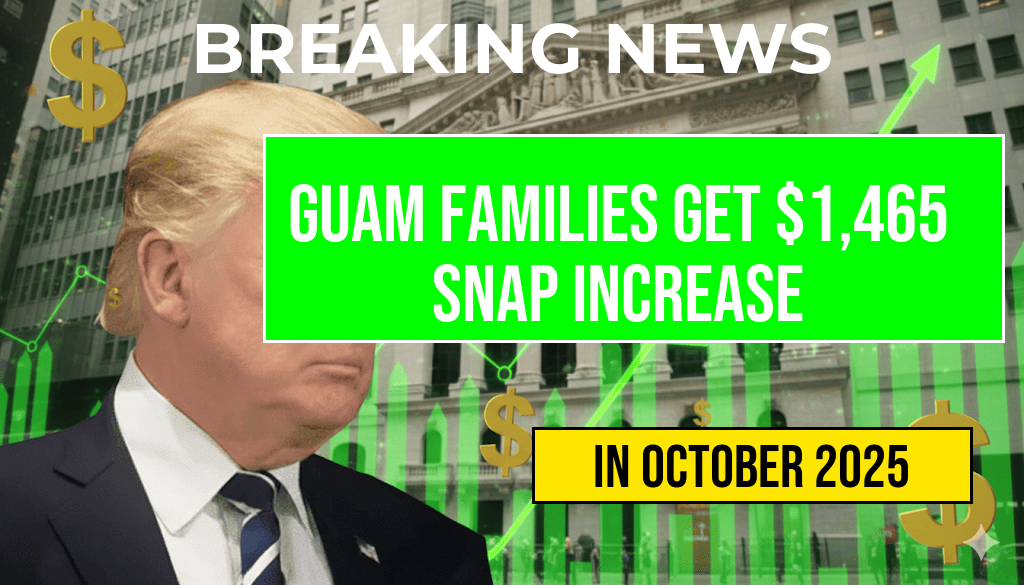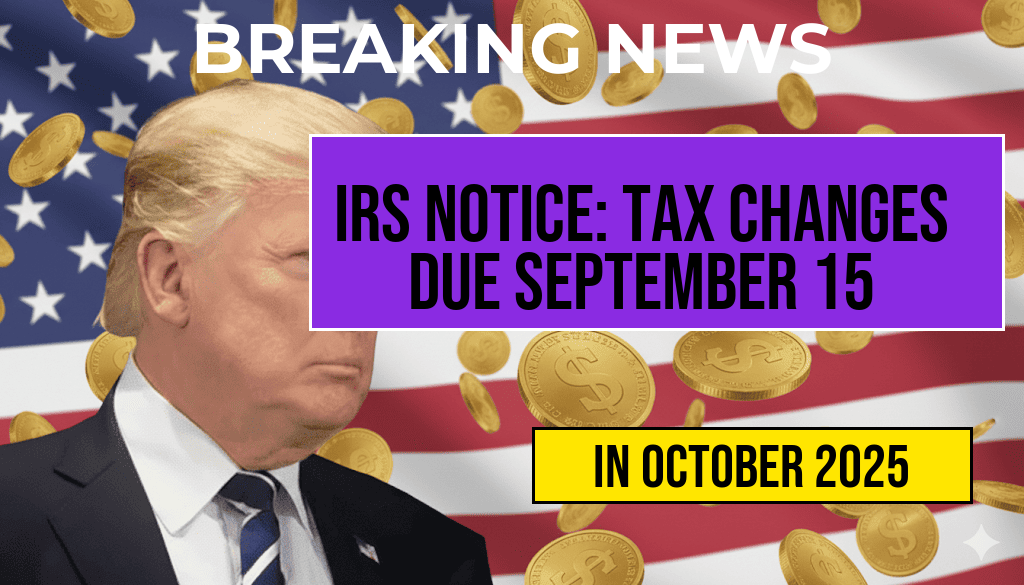As the debate over tipped wages intensifies, workers across the United States are voicing concerns that they are missing out on significant income. With the tipped wage set to reach 75% of the standard minimum wage by 2034, many employees in the hospitality and service sectors argue that the current system leaves hundreds of dollars on the table each week. Advocates for change emphasize that the existing structure disproportionately affects low-income workers who rely on tips, creating a precarious financial landscape. As the minimum wage continues to rise, the implications of this shift are becoming increasingly evident, prompting calls for reform and greater transparency in how tipped wages are calculated and distributed.
The Current State of Tipped Wages
Tipped workers, primarily in industries such as restaurants, bars, and personal services, currently earn a base wage that is significantly lower than the standard minimum wage. According to the U.S. Department of Labor, the federal tipped minimum wage is set at $2.13 per hour, a figure that has remained unchanged since 1991. This has led to a growing divide between the income of tipped workers and that of their non-tipped counterparts, exacerbating financial instability for many.
Projected Changes in Tipped Wage Structure
The proposed increase to 75% of the standard minimum wage by 2034 is part of a broader initiative to address wage disparities and improve working conditions for tipped employees. As the federal minimum wage has remained stagnant, several states have taken matters into their own hands, enacting legislation to gradually increase the tipped wage. For instance, California and Washington have already implemented policies that require employers to pay tipped workers the full state minimum wage before tips.
Workers Speak Out
Many workers are concerned that the current tipping system incentivizes employers to pay less. A survey conducted by the National Employment Law Project revealed that nearly 60% of tipped workers feel they are not earning enough to make ends meet. Furthermore, these workers report experiencing income fluctuations based on seasons, shifts, and customer generosity, leading to an unpredictable financial situation.
Voices from the Industry
- Maria Gonzalez, a waitress in New York City, shared her experience: “Some weeks, I make great tips, but when things are slow, I struggle to pay my rent.”
- John Smith, a bartender in Chicago, added, “We’re constantly worried about how much we’re bringing in each night. It just doesn’t feel stable.”
Economic Implications
Economists suggest that raising the tipped wage could have positive effects on the economy. Increased earnings for tipped workers could lead to higher consumer spending, which in turn would benefit local businesses. Additionally, advocates argue that better pay would attract more workers to the industry, addressing ongoing labor shortages.
State Initiatives and Legislative Changes
Several states have already taken action to reform tipped wages. For example:
| State | Current Tipped Wage | Projected Increase by 2034 |
|---|---|---|
| California | $15.00 | Full Minimum Wage |
| Washington | $15.74 | Full Minimum Wage |
| New York | $10.00 | Full Minimum Wage |
Moving Forward
As the conversation around tipped wages continues, advocacy groups are urging lawmakers to prioritize reforms that ensure fair compensation for all workers. The disparity between tipped wages and the regular minimum wage raises questions about the sustainability of the current model, particularly as more states consider adopting minimum wage increases.
For more information on the topic, readers can refer to resources from the U.S. Department of Labor and the National Employment Law Project, which provide detailed insights into the challenges faced by tipped workers and ongoing legislative efforts.
Frequently Asked Questions
What is the current tipped wage in the U.S.?
The current tipped wage varies by state, but it is generally lower than the standard minimum wage. Many workers are advocating for changes to ensure they receive fair compensation.
Why are workers claiming that hundreds of dollars are being left on the table?
Workers have reported that because the tipped wage is set to reach 75% by 2034, they are missing out on substantial earnings that could be gained if the wage structure were adjusted to reflect the true value of their work.
What changes are being proposed for the tipped wage?
Advocates are pushing for an increase in the tipped wage to ensure it is more aligned with the standard minimum wage, thereby allowing workers to earn a more livable income.
How does the tipped wage impact the livelihoods of restaurant workers?
The tipped wage significantly affects the financial stability of restaurant workers, as they often rely on tips to supplement their income, leading to potential earnings discrepancies.
What can customers do to support restaurant workers regarding tipped wages?
Customers can support restaurant workers by being aware of the tipped wage situation and ensuring they tip generously, thereby helping to bridge the gap in earnings that many workers face.








